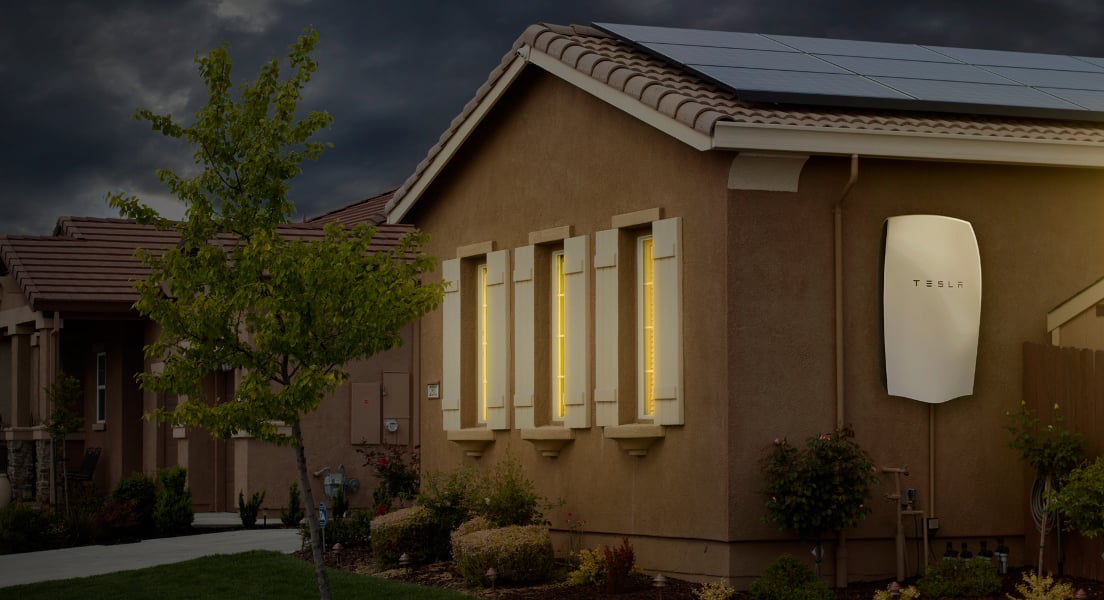
It’s been the biggest piece of bad news to hit UK solar for some time. Buried under waves and waves of Brexit procrastination, name-calling, indecision and confusion which appear to leave the country’s people, media and businesses alike scratching their heads and wondering what it was that anyone actually voted for in 2016’s EU referendum, the government announced its decision to end export tariff payments for solar PV.
Our UK news site Solar Power Portal reported at the beginning of this week that the export tariff will close to new applicants at the same time as the generation tariff, despite some 90%+ of respondents to a consultation expressing their opposition to the plans.
Britain’s feed-in tariff scheme will therefore now close in full to new applicants from 31 March 2019. While the government has accepted that there’s now need for market-based solutions for small-scale generators to make a difference to the UK’s energy mix in an economically rewarding way, the end of the present scheme without an explicit next step laid out is more than troubling for many in the renewable energy industries and those that care about energy security and climate change.
Try Premium for just $1
- Full premium access for the first month at only $1
- Converts to an annual rate after 30 days unless cancelled
- Cancel anytime during the trial period
Premium Benefits
- Expert industry analysis and interviews
- Digital access to PV Tech Power journal
- Exclusive event discounts
Or get the full Premium subscription right away
Or continue reading this article for free
A somewhat dismal festive spread
“To not be taking care of the small actors in the system, which is so important, that just does not bode well for smart energy, especially given that Europe is steaming ahead,” Leonie Greene, policy director for the national Solar Trade Association says.
You can read all about how the STA and others plan to continue the fight for solar on Solar Power Portal, but let’s take a minute to consider what it might mean for battery energy storage.
While there might be a natural assumption that in the absence of payments for energy exported to the grid, households will at least – if they install a battery, or indeed hot water diverters or smart EV charging and other kit – be able to electrically store or otherwise ‘self-consume’ or ‘prosume’ the solar energy generated on their rooftops. Perhaps, but the economic equation for that is not so simple and neither are the industry or market dynamics.
First of all, the obvious point is that people are not made of money. Someone buying a PV system for their roof does so often in the understanding that there’s an initial outlay involved, usually about £4,000 (US$5,062) for an average 3kW system in the UK. Doing so on the expectation that that money will gradually pay itself back and then suddenly adding the requirement to spend several thousand pounds on a battery system makes it a baffling sell for the installer and a confusing proposition to the consumer.
Secondly – and more on this to come probably until the end of time – those routes to market-based opportunities for batteries do not exist yet for the most part. We’ve seen a few launches of products aimed at storing energy for the home and then using the same batteries to provide grid services, for example, some even available on a commercial basis, but as we’ve said time and time again on Energy-Storage.news, the revenue streams or even savings that can be accessed are still very much in the process of being modelled.
“It’s a nascent market, it’s not necessarily the case that storage will improve your economics yet [and], though it is very desirable it does increase the capital outlay, just as solar’s become very cheap,” Greene says, summarising the argument.
“Although if we do get this wonderful smart flexible system which we all want, you will be in a position to really contribute to the grid when it needs it the most.”
Felicity Jones, a partner at UK-based consultancy Everoze, says that in the long term, the direction of travel of BEIS (the Department for Business, Energy and Industrial Strategy) toward removing the export tariffs may not be incorrect, but the timing is out of step with the wider movement in that direction.
“Yes, removal of export tariffs will sharpen flexibility signals, benefiting storage and DSR (demand side response) – and that’s what the system needs. But there’s a question of timing,” Jones says.
“Here’s the challenge for prosumers: government incentives for generation are being cut before new market revenues for flexibility open up. Some services remain unpriced, or otherwise inaccessible at domestic level.”
The UK’s distribution network operators (DNOs) are creating market frameworks for network flexibility services, under the umbrella of the ‘Open Networks Project’, Jones says, but these solutions have not been rolled out or standardised yet.
“New business models such as peer-to-peer (P2P) trading remain at trial stage, and typically must pursue regulatory derogations under Ofgem’s sandbox,” Jones says.
“In this festive season, BEIS has invited prosumers to the subsidy-free party, but decided to figure out the detail of food, drinks and music at a later date!”

Left behind on the smart energy highway
Another dimension of this, to bring us neatly back to the Brexit confusion in which Britain appears to be mired from one day to the next, is that Europe, the UK’s nearest neighbour, is in some ways racing ahead on this stuff.
Energy-Storage.news reported last week on Sonnen’s prequalification to provide services to the grid from its tens of thousands of residential energy storage systems deployed in Germany, opening up a genuine market opportunity. While it remains to be seen how that pans out for the provider economically, it’s something that has still only been seen on a piecemeal basis in the UK, albeit providers such as Moixa have been offering the technology for some time.
European legislation is now leaning towards “bringing in rights for prosumers, recognising them for the first time and giving them robust powers to avoid exploitation,” Leonie Greene says.
“Even Spain is back on track for 100% renewables, we’re in danger of being very much the odd one out. That means we’re at a competitive disadvantage. The smart markets will come on faster, you’ve seen what’s happened in Germany where there are incentives for domestic storage. It’s disappointing to see we’ve fallen behind. Much of Europe still has FiTs, net metering, auctions for solar, tax breaks and so on.”
Putting the dimension of the feed-in tariff (FIT) to one side for a moment, Greene continues on the theme, explaining that solar equipment for new installs is levied a 20% rate of VAT (Value Added Tax), the UK’s sales tax mechanism.
Some, such as Roberto Castiglioni, a financier and developer of behind-the-meter commercial energy storage and solar-plus-storage projects – presumably largely unaffected therefore by the export tariff cut – the removal of the payment mechanism already boosts the business case for their offerings.
“I welcome the export tariff cut in a non-subsidised environment and I think storage will benefit from it as PV installations will have to become smarter on how and when they sell their production,” Castiglioni, who heads up Argonaut Power, says.
“Storage is fundamental to supporting renewable energy to reduce the intermittent nature of the source. Until solar becomes closer to a base load, we will suffer from cannibalisation and higher prices.”
However, this identification of future opportunities for businesses at the medium to larger end of the scale is unlikely to offer much solace to the UK solar industry or its representatives.
“If we want a system where we encourage homes to participate, for the greater good, to save the system money, we really need them to be having a good experience of their interaction of the grid. Telling people they won’t be paid for energy that goes to the grid is just absolutely the wrong message to be giving people,” Greene says.
“It’s so unhelpful. We want to see as much battery storage as possible but we also want to see people treated fairly to be encouraged, not deterred, from going down the smart energy pathway.”
